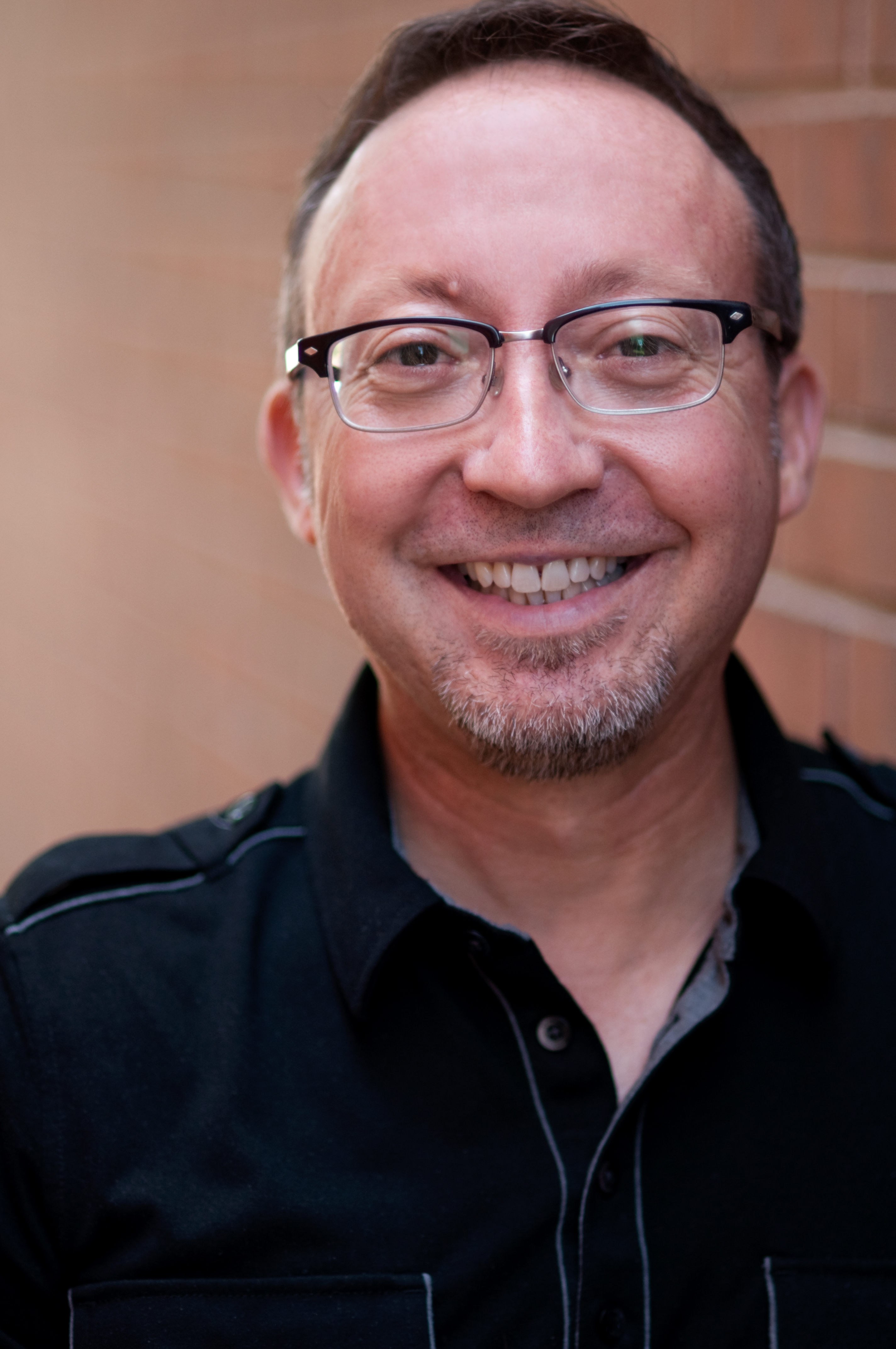What kind of Yelp reviews did your church get?
Shopping around for a new church? This has to be one of the more grueling and tedious things we experience as Christians. The word “shopping” even implies a self-interested consumerism in looking for a church. A method one would apply to shopping for a new mattress or finding the next “in and trendy” restaurant. We do our homework and research. We read the Yelp reviews and quickly find what best suits us. Pretty far from the vision those crazy Christians who gave and risked all created in the first century Acts Church.
Yet the reality is a community of believers is not a “perfect” product to be found. And “efficiency” is never helpful, which can add to the tedium. Looking for a community is not much different than forming a new friendship. It takes what we hate giving—time to build (and a lot more than we’re usually comfortable with). Not a popular concept in our transitory church culture. Like any new relationship, it takes a while to unpack some of the layers—to get the feel of a community. Churches are filled with compassionate hands and clay feet, with broken people and safe people. Even so, are there things we could be looking for in the process of getting acquainted in this new relationship? Guideposts, as in any relationship, that would help us discern, sooner than later, if this is a safe community?
A Helpful Check List for Finding a Safe Church:
Cloud and Townsend’s book Safe People can be a helpful resource in this process. In Chapter 11—“Where are the Safe People?” they offer a list of filters in discerning a church’s safety:
- Grace is preached from the pulpit and is the foundation for how people are to be treated.
- Truth is preached without compromise, but also without a spirit of judgement.
- The church leaders are aware of their own weaknesses and need to grow and are open about their hurt, pain, failings, and humanity. Instead of “having it all together” and being insulated from confrontation and change, they are in a process of healing and opening up to their own safe people for support and accountability.
- The church uses small groups to touch people’s lives, and sermons focus on community in the body of Christ as well as doctrine.
- The culture is one of forgiven sinners, not self-righteous religious Pharisees.
- The church, instead of being a self-contained unit and thinking it has all the answers, is networked into the community, availing itself of input from other sources such as churches, professionals and organizations.
- The teaching has a relational emphasis as well as a vertical one. Relationship between people is seen as part of spirituality as well as relationship with God.
- The teaching sees brokenness, struggle, and inability as normal parts of the sanctification process.
- There are opportunities to serve others through a variety of ministries.
(Cloud and Townsend, Safe People, page 165)
Some questions to ponder:
- As you reflect on the above list, what has your experience of safety been in some of the churches you’ve attended? What are other things (besides the above list) that have contributed to its safety or unsafety?
- How can you personally contribute to making your church community a safer place for those who attend?

Scott Kingry
Program Director
A staff member since June of 1992, Scott is a key player in the WGA discipleship ministry. He plans, organizes, and implements every aspect of the Thursday night support group. In addition to public speaking, counseling group participants and training leaders, Scott maintains personal contact with many group members and it is to Scott’s credit that many group members feel personally welcomed, cared for and loved.
Although he holds a degree in graphic arts, he attributes his ministry qualifications to the “school of hard knocks.” God’s abundant grace continues to be the instrument of growth in his life, and he desires to be firmly grounded in the forgiveness and freedom of relationship with Jesus Christ.
Scott attends a Presbyterian Church.
Make a Difference in Someone's Life
If you enjoy reading WGA’s blogs and would like to show your support, please consider making a donation. Where Grace Abounds is a 501(c)3 non-profit organization. The majority of services, including support groups and discipleship counseling, are provided free of charge. Your financial gifts help to cover the costs associated with offering a free program to those who seek WGA’s services.

